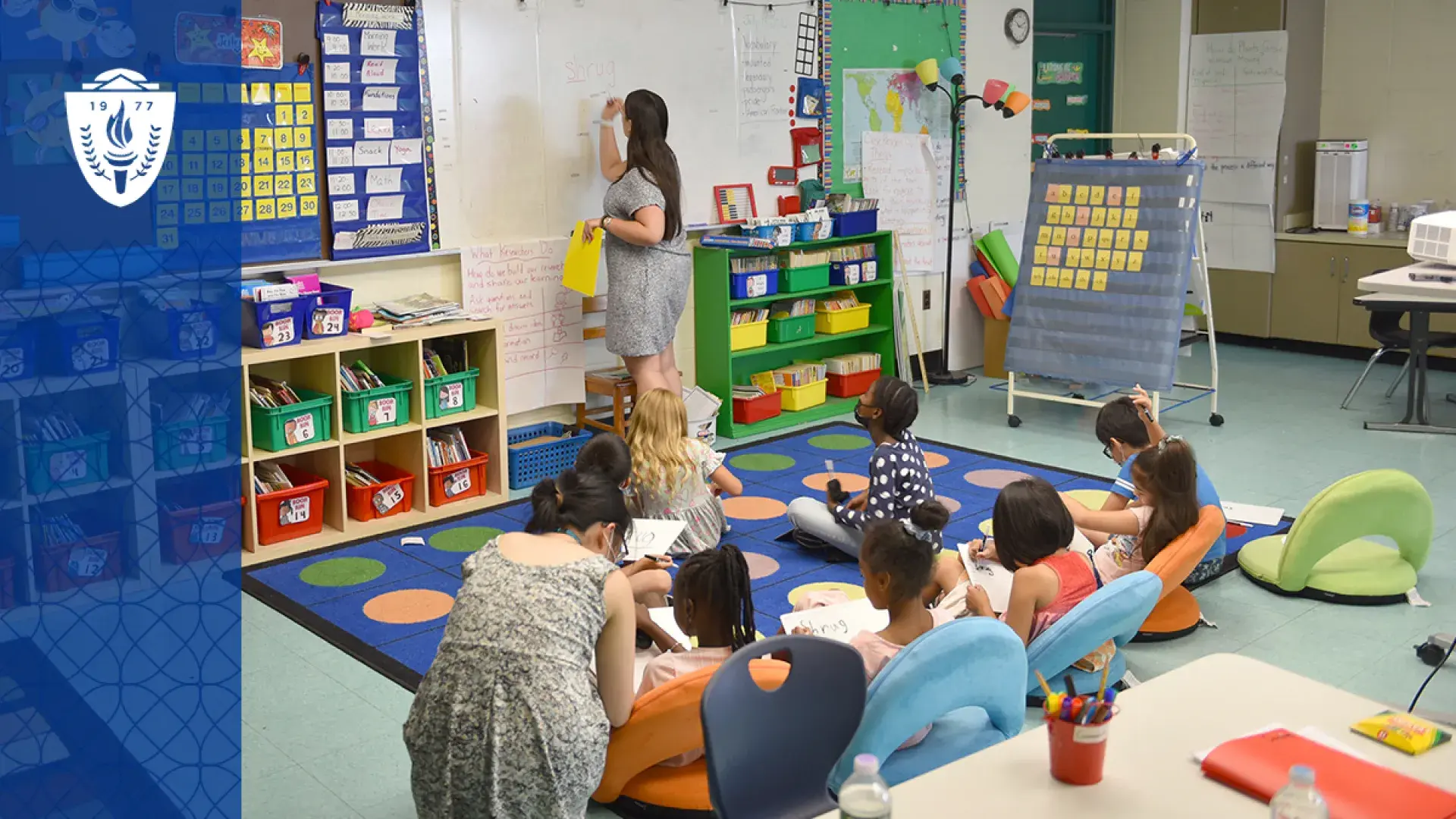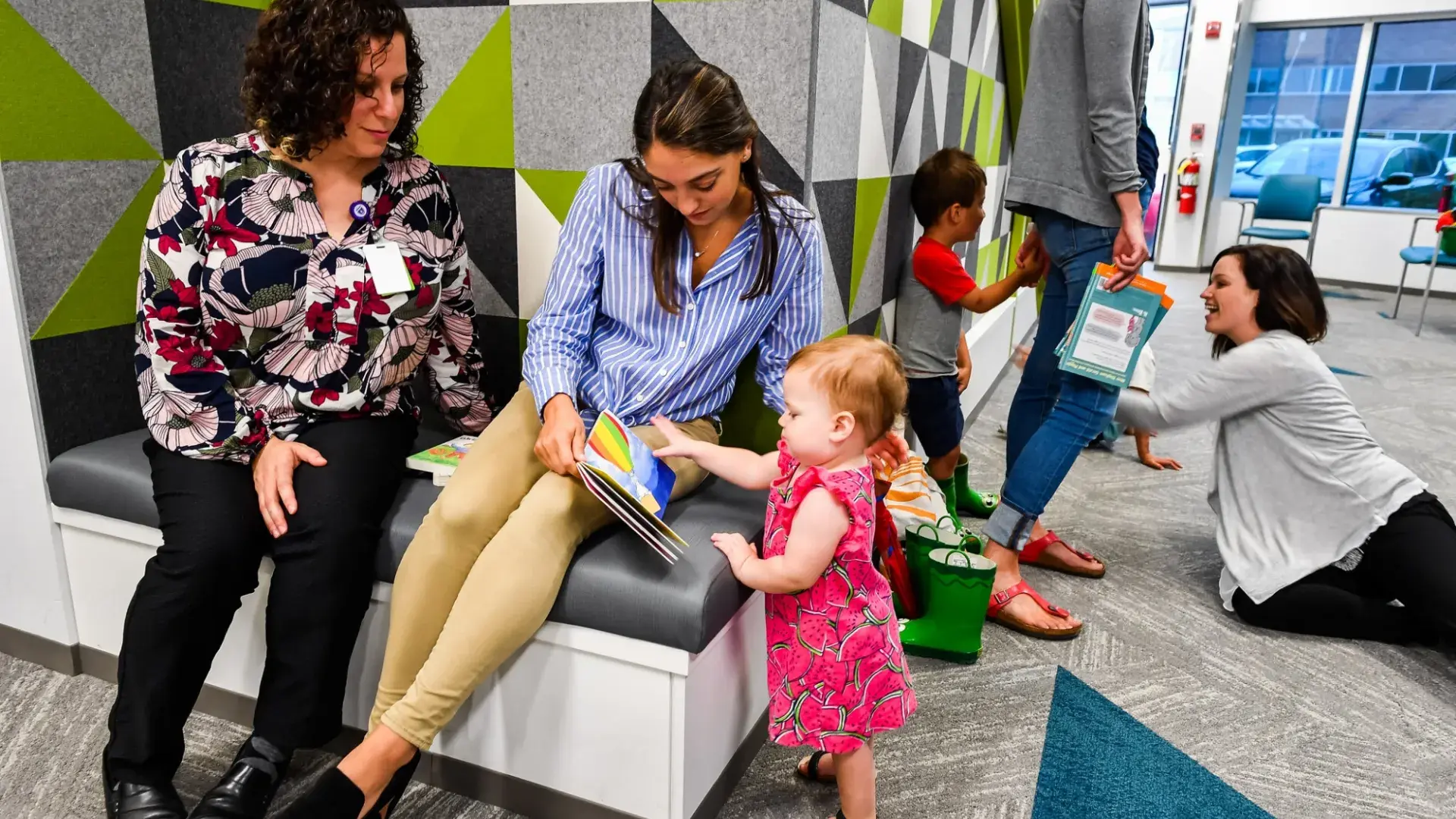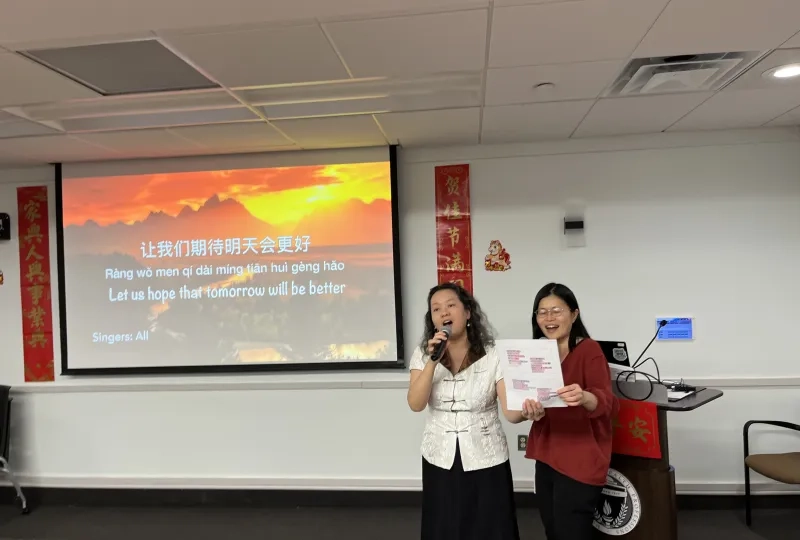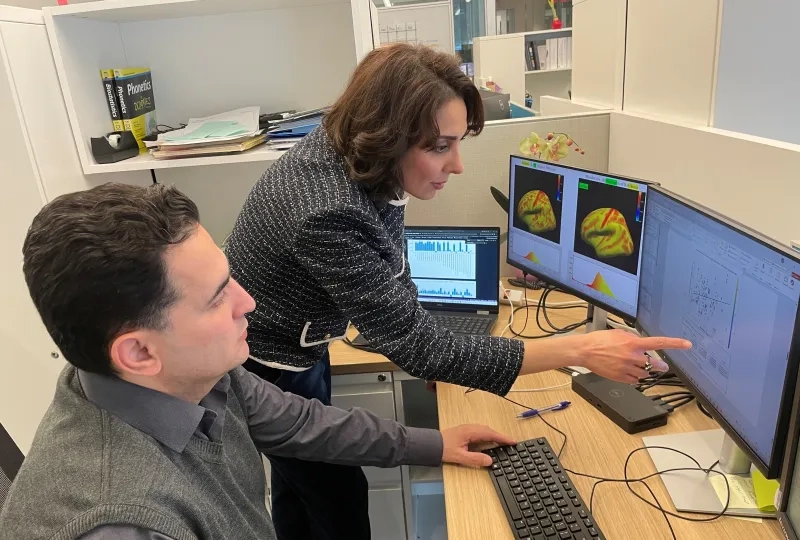
A reading specialist is a rewarding profession that requires a blend of passion, expertise, and specialized training. Everyone deserves the chance to develop strong reading and writing skills. Limited literacy skills can result in low self-esteem and negative school experiences. Beyond impacting educational and professional prospects, low literacy levels are linked to poor health outcomes and poverty.
Reading difficulties can be reduced and even eliminated when literacy instruction is delivered by a highly knowledgeable and skilled professional. At MGH Institute of Health Professions, the primary goal of our program is to develop you as a literacy leader who can leverage your knowledge and expertise to improve reading and writing practices in educational and clinical settings. Obtaining certification or licensure as a reading specialist is often a necessary step. Did you know there is no national license for reading specialists? Requirements vary by state, and a reading specialist license is typically a teaching license issued by a state’s department of education. For example, in Massachusetts, a reading specialist license is a secondary teaching license and only those holding a primary teaching license are eligible to apply.
Learn about the critical role reading specialists play in shaping literacy skills and the education and certification, needed to become a reading specialist.
Understanding the Role: What Does a Reading Specialist Do?
Reading specialists are education professionals with specialized training in literacy instruction. They work collaboratively with students, teachers, and parents to diagnose and address reading challenges, fostering a love for reading and ensuring students develop strong literacy skills. Reading specialists may also be asked to coach teachers, co-teach in classrooms, design or evaluate curriculum, design or execute multi-tiered systems of support and provide professional development.
Educational Foundations: Pursuing a Bachelor's Degree
The journey to become a reading specialist often begins with a bachelor's degree in education, English, speech-language pathology or a related field, although a specific major is not a requirement. During undergraduate studies, aspiring reading specialists gain foundational knowledge in pedagogy, child development, and language arts. A strong academic background in these areas forms the basis for advanced study in literacy.
Advanced Education in Reading or Literacy: A Key Step
To become a reading specialist, a specialized certificate or master's degree in reading or literacy is typically required. This advanced education provides in-depth knowledge in areas such as literacy theory, assessment, and intervention strategies. Many programs also include practical experiences, such as internships or supervised teaching, to apply theoretical knowledge in real-world settings.




